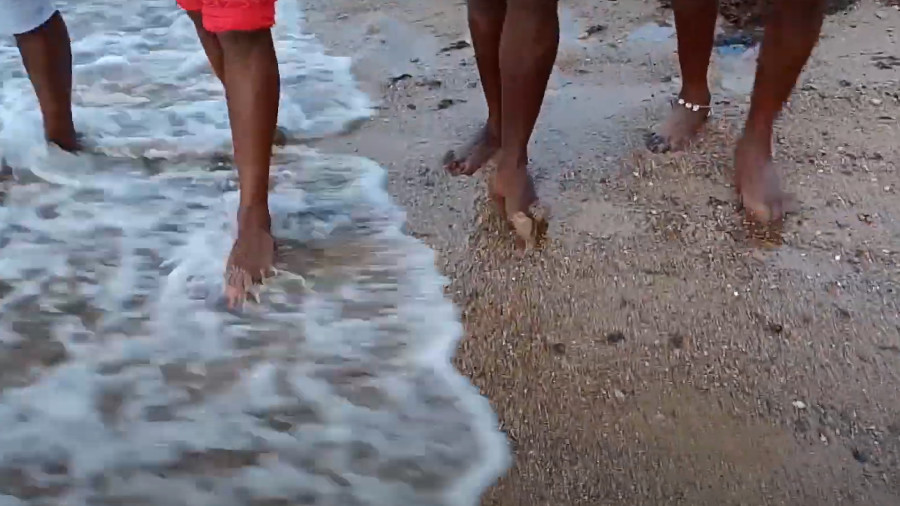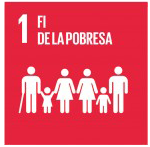Research and support to empower women in mogratory transit in the Maghreb

The UAB launches a research and solidarity project in collaboration with women communities who have migrated from the Maghreb. It aims to make visible the sexual violence suffered by Sub-Saharan women in their transit through the region while heading to Europe and provide support actions, such as fostering small-scale businesses, as a means to improve their personal and economic reality. The UAB is also launching a new crowdfunding campaign with which to fund this initiative.
26/07/2023
The project is carried out by the Transmena research group, linked to the Faculty of Law and the Faculty of Translation of the UAB and led by Natàlia Ribas-Mateos, researcher of the Maria Zambrano programme. The researcher and her team study the mobility of people in the Mediterranean region, focusing especially on sexual violence and new forms of activism in the cities of arrival.
Collaborating in the project is the SHUMOM-Art association from Tangier and several migrant women communities in the cities of Oujda and Tangier, in northern Morocco. In the past few years, this area has become a "transit zone" where migrant population arrive from different Sub-Saharan African countries. “The migrant women we interviewed who came from Cameroon, the Ivory Coast, Guinea-Conakry and Nigeria, have undergone very difficult personal experiences. Many of them have been raped or systematically abused in a world in which begging is the only way to survive”, the UAB researcher Ribas-Mateos points out.
“We want to end this invisibility and lack of support towards repeated sexual violence, and at the same time find ways of making these women autonomous through small-scale business activities, such as creating a hairdresser's or an art gallery. The objective is to foster a dynamic community model in which they all can feel good and empowered”, she explains.
The project is based on the collaboration with communities in the Maghreb so that, through ethnographic research, they can identify first-handedly the needs of these women, collect information both for study and as a vindication, and also turn the results of the research into community resources that can be used to bring about entrepreneurial projects. “We want to find the tools needed by society that can help transform their future in the most autonomous way possible”, states Ribas-Mateos.
For more information please visit:
This information is related to the following SDG
Decent work and economic growth
Reduced inequalities
Gender equality
 No poverty
No poverty